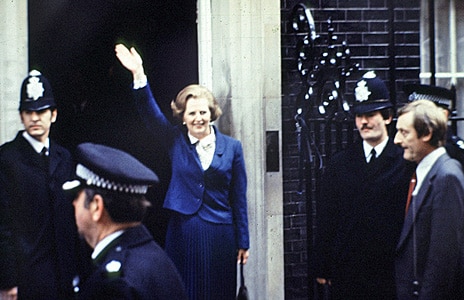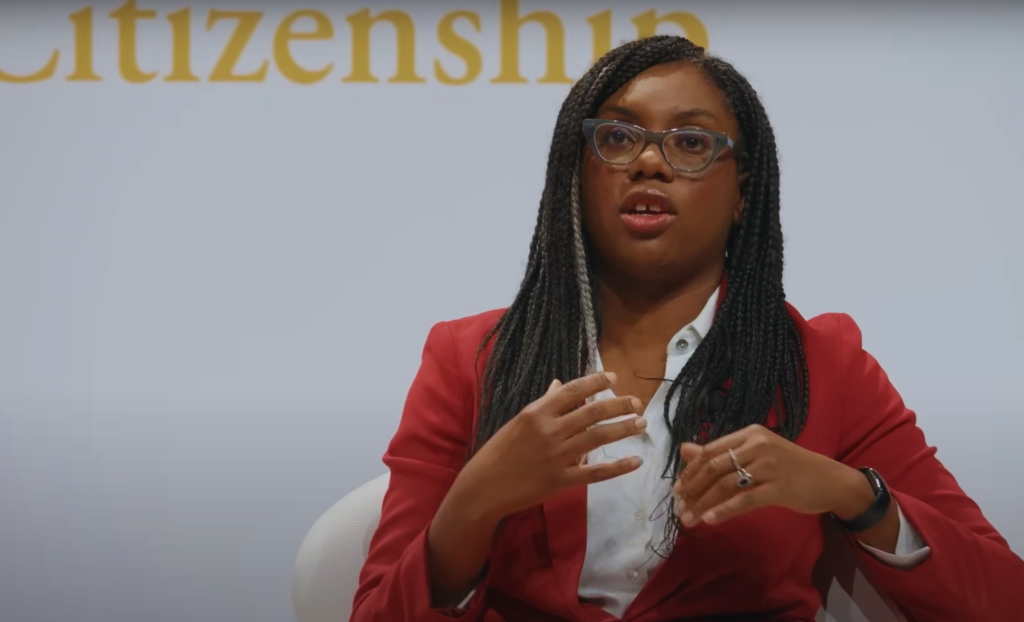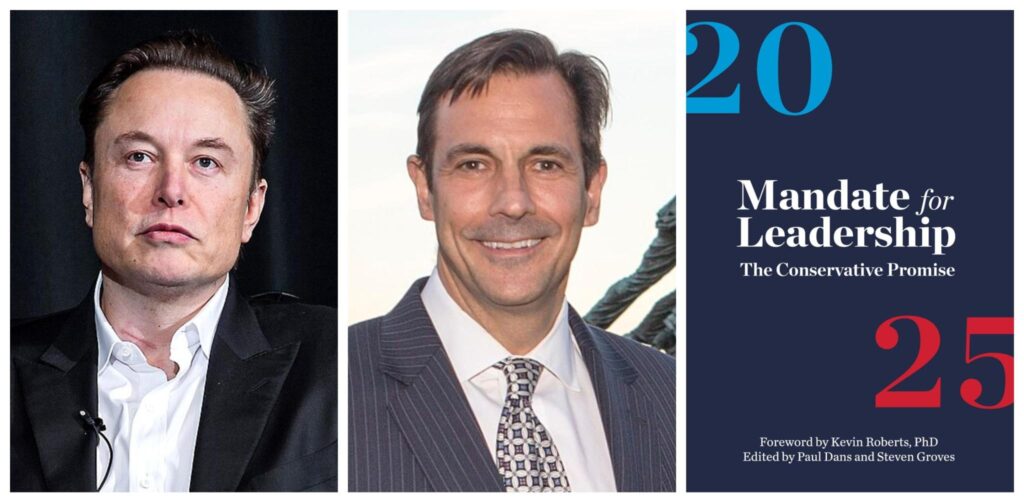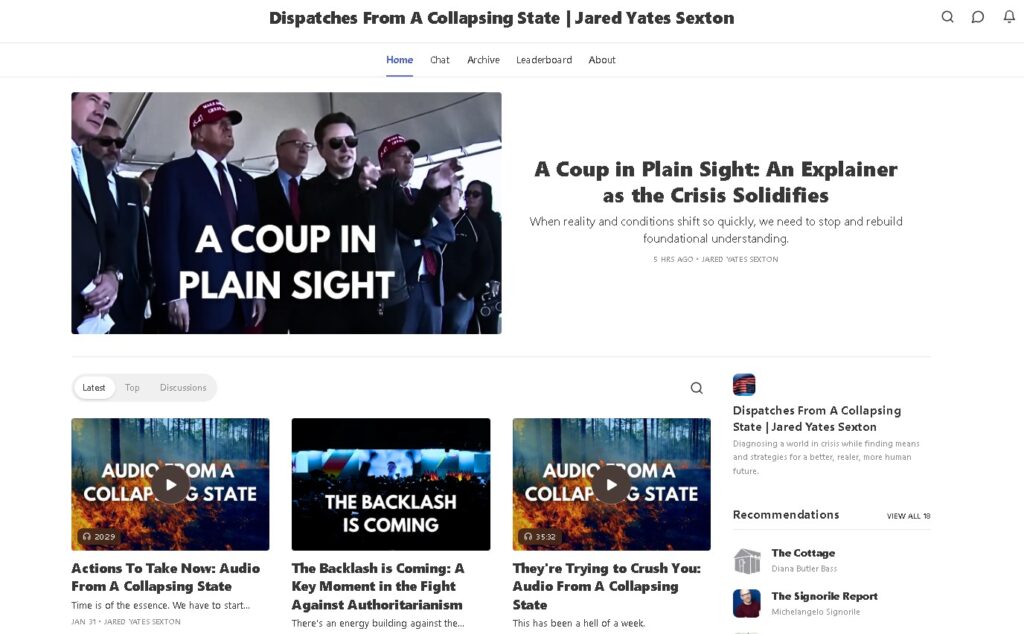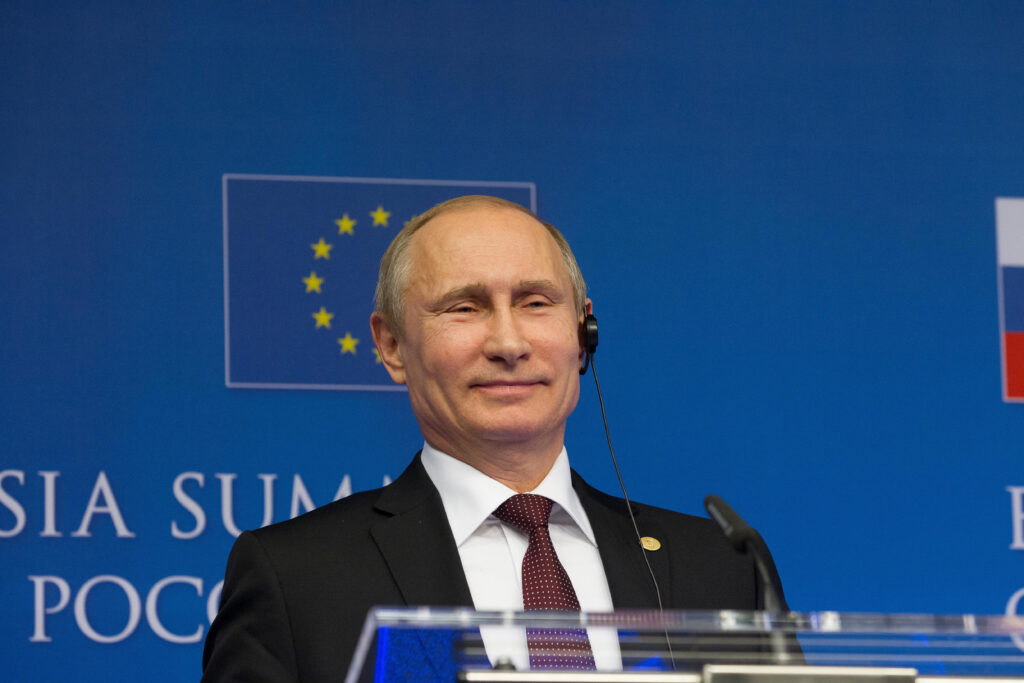The finest triumph of the Institute of Economic Affairs was winning Thatcher to free market economics. That story is told here. Their second, decades later, was seeding climate denial.
An excitable Keith Joseph met with Ralph Harris of the Institute of Economic Affairs and his deputy Arthur Seldon at one of his favourite Westminster restaurants, Lockets, in February 1974.
Joseph was at the time a member of the Shadow Cabinet and the third most influential politician in the Conservative party. He had invited his close friends from the IEA to lunch so he could get their clearance to set up a rival free market think tank.
The Centre for Policy Studies would be overtly political and use the methods of the Socialist Fabians to win the battle of ideas in favour of radical liberalism within Britain’s natural party of government.
This was cloak and dagger politics. An audacious, secret, plan to challenge seize the party leadership, win the forthcoming election and install a new Cabinet dedicated to making Hayek’s economic prescriptions official policy for the first time. “My aim was to convert the Tory party,” Joseph would later explain.
Joseph would become known even among his closest friends as the “Mad Monk” in part because of the purity and forcefulness of his political thought. He would concede that he was “a convenient madman”.
Offer Encouragement
He had relied on Harris’s instruction and help in economics and social policy, devouring the stack of books, reports and articles that the IEA recommended over the previous months.
“Harris assured Joseph that he was not troubled by the fact that there would be two organisations promoting roughly the same message. In fact Harris and Seldon could not have been more helpful,” records Antony Fisher biographer Gerald Frost.
The CPS was in fact “the logical next step” in the battle against the State. Antony Fisher was just as welcoming of Joseph’s bold move and paid a visit “to assure him of his personal support and to offer encouragement”.
Joseph was the Marcus Brutus of his time, convinced that disloyally disposing of his leader, Edward Heath, would be good for his party, his city, his empire. He was the leader of this conspiracy.
Strangely considering his part in the internal leadership coup, Lawson would describe his friend Joseph as being: “Tormented by self-doubt, devoid of guile, and with a passion to educate, he laboured under the delusion that everyone else, friend or foe, was as intellectually honest and fundamentally decent, as lacking in malice and personal ambition, as he was.”
Provoking Wrath
Heath was deeply suspicious that his colleagues were secretly plotting a leadership bid but gave his approval to the new think tank only half convinced it would study Polish economic policy. “Heath’s intention must have been to give Joseph a chemistry set with which he would hopefully blow himself up,” said one contemporary.
Joseph recruited Margaret Thatcher as vice chairman of the CPS in May 1974. “His was a risky, exposed position, and the fear of provoking the wrath of Ted and the derision of the left-wing commentators was a powerful disincentive – But I jumped at the chance,” Thatcher recalled years later.
“From Keith and Alfred I learned a great deal. I renewed my reading of the seminal works of liberal economics and conservative thought.
“I also regularly attended lunches at the Institute of Economic affairs where Ralph Harris, Arthur Seldon, Alan Walters and others – in other words all those who had been right when we in government had gone wrong – were busy marking out a new non-socialist economic and social path for Britain.”
Joseph prescribed Friedrich von Hayek’s The Road to Serfdom as required reading. Gerald Frost, was a member of the CPS board and would hand books and reports to Richard Ryder, Thatcher’s political secretary, for her to read over the weekend including the latest output from the IEA.
“Joseph was also responsible for ensuring that Mrs Thatcher struck up relations with the IEA directors, and through them, Hayek and Friedman,” recalls Frost.
The new Conservative think tank operated on an annual budget of £150,000 from private donors which included the largess of the tobacco companies.
Hung Parliament
The official founding meeting of the CPS was held in Room G of the House of Commons on 12 June 1974. Joseph was joined by Thatcher and Sherman and also an industrialist named Nigel Vinson.
Vinson had written an article for the IEA and shortly after was called by Fisher and taken to lunch. Vinson was invited by Fisher to join the board of trustees of the IEA.
Vinson agreed because he “admired him hugely”. Thirty years later he told me: “That’s the link between the IEA and the Centre for Policy Studies: that’s me. I, Maggie Thatcher and Keith Jones, we were the first three directors of the Centre for Policy Studies.”
The IEA, he explained, wanted to form opinions over decades and also protect the charitable status as educational rather than party political. The CPS, on the other hand, wanted to transform British politics in the next months and years.
Joseph went on a speaking tour while Britain was in tumult. Edward Heath had taken on the mining unions and lost.
The election in February had delivered a hung parliament and when negotiations between the Conservatives and Liberals collapsed, Labour formed a minority government. Harold Wilson and his Labour party won the second general election of the year, on 10 October 1974, but only by three votes.
“The result was much less of a disaster for the Tories than it might have been,” according to Geoffrey Howe, who would later become chancellor under Thatcher. “We had lost, certainly. But disaster had been averted”.
It was well understood that Heath would not last long as Tory leader. After the election he put Thatcher in charge of housing, and she in turn asked Nigel Lawson to join her clique.
Weathy Stockbroker
Lawson was born in Hampstead, now one of the most desirable parts of the capital, in March 1932. His father was a successful City of London tea merchant and his mother’s father was a wealthy stockbroker.
His childhood home was “complete with nanny, cook and parlourmaid.”. Lawson during his formative years immediately after the war developed the distinctive distrust that would make him amenable to the free market philosophy.
“It seemed to me that in every respect the socialism the Labour Government was seeking to put into practice went against the grain of human nature – not least its Utopian disregard of original sin or of what Anthony Quinton has called ‘man’s moral and intellectual imperfection’.”
Lawson won a maths scholarship and went up to Oxford University to study philosophy, politics and economics under the tutelage of professor Roy Harrod, an ardent Keynesian.
He specialised in philosophy and was influenced by the Linguistic Analysis school which would prove a useful foundation for his elegant rhetoric during his political career.
He joined Chatham, the “somewhat decadent high Tory dining club” and played poker. After university he joined the navy and in 1955 married Vanessa Salmon, a wealthy tobacco heiress. He then joined the Financial Times as an oil correspondent.
His son Dominic, currently a climate sceptic columnist, and his celebrity daughter Nigella, were both born during this period. Lawson then moved from the newsroom to the political backroom.
Oliver Poole, chairman of the FT and of the Conservative party, recognised his shrewdness and way with words hired him as a speechwriter to Harold MacMillan, the prime minister. Lawson would edit the right-wing Spectator and then the city pages of the newly launched Sunday Telegraph when in 1970 he stood unsuccessfully as an MP for Slough.
He was finally elected to Parliament on the eve of his 42nd birthday in 1974 and in the same year had a hand in drafting the Conservative party manifesto, committed the Tories to creating an ministry for energy and then found himself in Thatcher’s policy group.
“This was my first experience of working with Margaret,” Lawson would note. The proximity to Thatcher meant proximity to Joseph who at that time was the free market cabal’s great hope for leadership.
Lawson recalled: “Keith was the founder member of the group of Tory radicals which, under Margaret’s leadership, were the government’s driving force during the first two Thatcher parliaments. The only other full members of that group were Geoffrey Howe, Norman Tebbit and myself.”
Delinquents and Denizens
Howe made it clear that he wanted Joseph to join the leadership. “I [told] Joseph that he would have our support if he chose to stand, and no doubt others were doing the same. Keith seemed willing to accept the challenge.”
But then disaster. Joseph would during the course of one speech wreck his leadership ambitions on the rocks of public good will and tolerance. “The balance of our population, our human stock is threatened”, Joseph warned at Edgbaston in October 1974.
“A high and rising proportion of children are being born to mothers least fitted to bring children into the world and bring them up.”
He continued: “Many of these girls are unmarried, many are deserted or divorced or soon will be. Some are of low intelligence, most of low educational attainment….they are producing problem children, the future unmarried mothers, delinquents, denizens of our borstals, sub-normal educational establishments, prisons, hostels for drifters!”
The blame for this apparent malaise was clear. “The Socialist method would take away from the family and its members the responsibilities which give it cohesion”.
Almost before he had sat down after the address there was a storm of protest across the country. Many working class families were deeply offended and Joseph was “accused of being a racist and an advocate of eugenics”.
The speech would in fact do for Joseph just as the “rivers of blood” had killed the political career of his close friend and fellow IEA advocate Enoch Powell years earlier. He was no longer a serious contender for the Conservative leadership and future prime minister.
“Keith, naive rather than deliberately provocative, was genuinely surprised by the fuss,” according to Howe. “Sadly, I concluded that Keith’s judgment was too erratic for him to be entrusted with leadership of the party.” [Howe, 1994: 89].
Hostility to Women
Shortly after the speech a humbled Joseph called at Thatcher’s offices at the Houses of Parliament. “I am sorry,” he told his unofficial campaign leader. “I just can’t run. Ever since I made that speech, the press has been outside the house.
They have been merciless. My wife can’t take it…and I have decided I just can’t stand.” The free market advocates had to decide what to do. They were deeply unhappy at the prospect that Heath and his national consensus would grind on for ever.
Thatcher’s ambitions were limited to that of chancellor, especially because of the hostility to women that dominated the Conservatives at that time.
Her husband, Denis, had sold the family oil business to Castrol in the 1950s for what would today be many millions.
She was therefore comfortably off enough to risk everything. “Look, Keith, if you’re not going to stand,” she said finally. “I will.”
Thatcher’s victory in the election for the Tory leadership was decisive. Two days later she met with the 1922 Committee of Conservative back bench MPs. “The room was packed,” Howe recalls.
“Tears came to my eyes. The Conservative Party had elected its first woman leader…By her almost reckless courage she had won their support, if not yet their hearts. A new bond of loyalty had been forged.”
Thatcher quickly assembled her team. She surprised almost everyone by making Geoffrey Howe, the IEA supporter and member of the Mont Pelerin Society, her chancellor and therefore putting him in charge of the country’s economy.
In doing so, she looked over Keith Joseph, although he remained at her side as a policy advisor. Howe concluded: “Keith Joseph was widely, and rightly, seen as the man who had blazed the trail for Margaret’s victory.”
She then recruited a team of young, privately-educated free market thinkers to help her meet the terrifying prospect of confronting Harold Wilson – still a “cunning and attractive parliamentary performer” – in the House of Commons.
The Gang of Four was led by Nigel Lawson.
Adam Curtis, the BBC filmmaker, captured the significance of this moment in the transformation of British political life. “She turned to the Institute of Economic Affairs to create the policies for a future government. What Fisher and Smedley had dreamt of twenty years before had finally happened.
“Once upon a time their Think Tank had been marginalised and despised – now it was at the centre of a counter-revolution that was about to triumph.”
Subscribe to our newsletter
Stay up to date with DeSmog news and alerts


